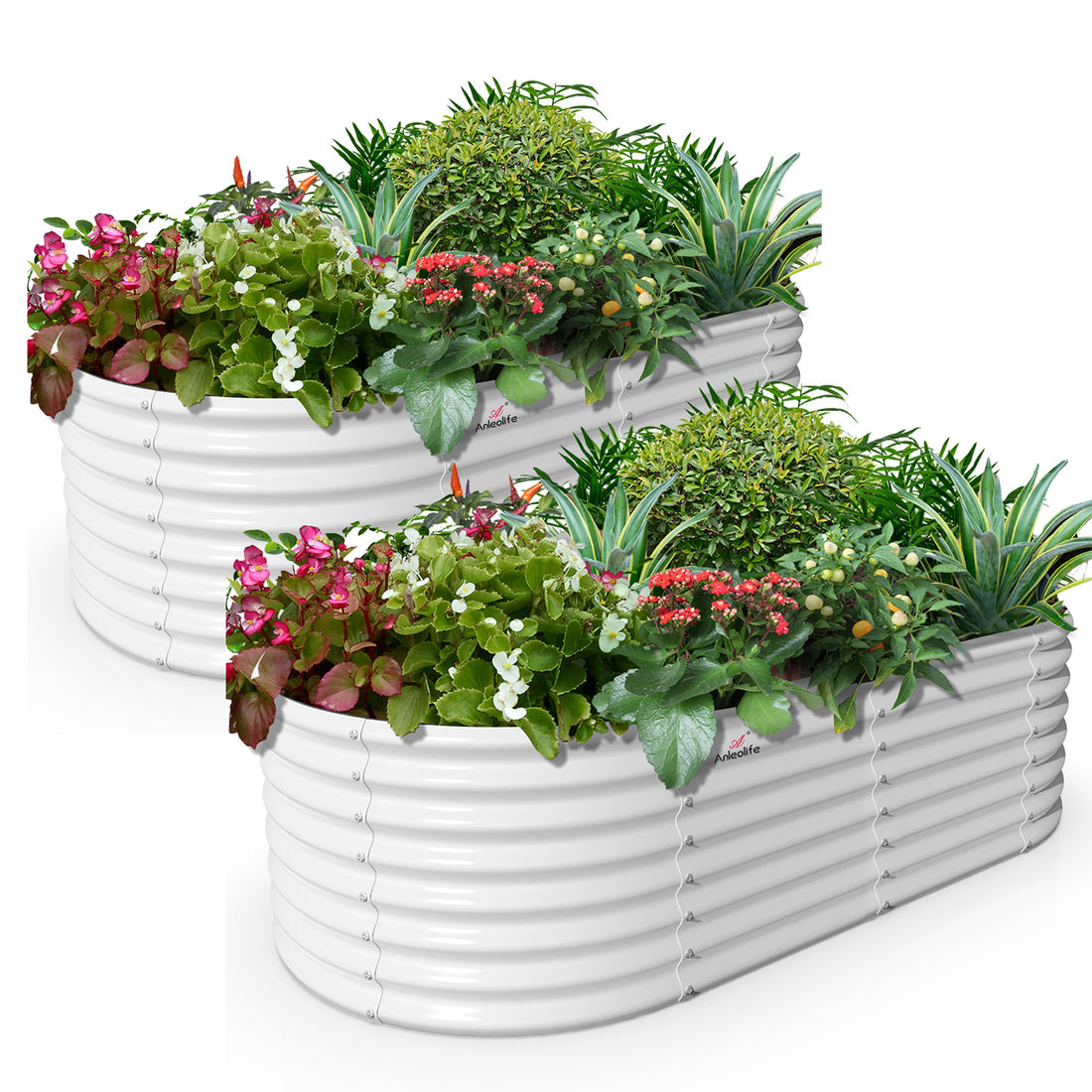In recent years, the trend of growing your own food has gained significant traction. One of the most effective methods to cultivate a thriving garden is by using raised garden beds. This approach offers numerous benefits, making it an attractive option for both novice and experienced gardeners. In this article, we will delve into the advantages of using raised garden beds and how they can enhance your gardening experience.

Enhanced Soil Quality
One of the primary benefits of raised garden beds is the ability to control the soil quality. Unlike traditional in-ground gardening, raised beds allow you to customize the soil composition to suit the specific needs of your plants. This is particularly advantageous for areas with poor or contaminated soil. By using a mix of high-quality compost, topsoil, and other organic materials, you can create an optimal growing environment that promotes healthy plant growth.
Improved Drainage
Raised garden beds offer superior drainage compared to conventional gardening methods. The elevated structure ensures that excess water can easily drain away, preventing waterlogging and root rot. This is especially beneficial in regions with heavy rainfall or clay-heavy soils, where drainage can be a significant issue. With better drainage, your plants are less likely to suffer from diseases caused by overly wet conditions.
Ease of Access
Gardening can be physically demanding, but raised garden beds can alleviate some of the strain. The elevated height of the beds reduces the need for bending and kneeling, making it easier to plant, weed, and harvest your crops. This is particularly beneficial for individuals with mobility issues or chronic pain. Additionally, the defined borders of raised beds help keep pathways clear, reducing the risk of tripping and making garden maintenance more manageable.
Pest Control
Raised garden beds can also help with pest management. The elevated structure creates a physical barrier that can deter some ground-dwelling pests, such as slugs and snails. Additionally, the defined space makes it easier to implement protective measures, such as installing netting or row covers. By reducing the presence of pests, you can minimize the need for chemical pesticides, promoting a healthier and more sustainable garden.
Extended Growing Season
Another advantage of raised garden beds is the potential for an extended growing season. The soil in raised beds tends to warm up faster in the spring and retain heat longer in the fall, allowing you to start planting earlier and harvest later. This can be particularly beneficial in regions with shorter growing seasons, giving you more time to enjoy fresh, homegrown produce.
Maximized Space Utilization
Raised garden beds can be a great solution for maximizing limited gardening space. They can be constructed in various shapes and sizes, making them suitable for small yards, patios, or even rooftops. By utilizing vertical gardening techniques, such as trellises or tiered beds, you can further optimize your growing area and increase your yield.
Conclusion
In conclusion, growing your own food using raised garden beds offers numerous advantages that can enhance your gardening experience. From improved soil quality and drainage to ease of access and pest control, raised beds provide a versatile and efficient solution for cultivating a thriving garden. Whether you are a seasoned gardener or just starting, raised garden beds can help you achieve a bountiful harvest and enjoy the many benefits of homegrown produce.














